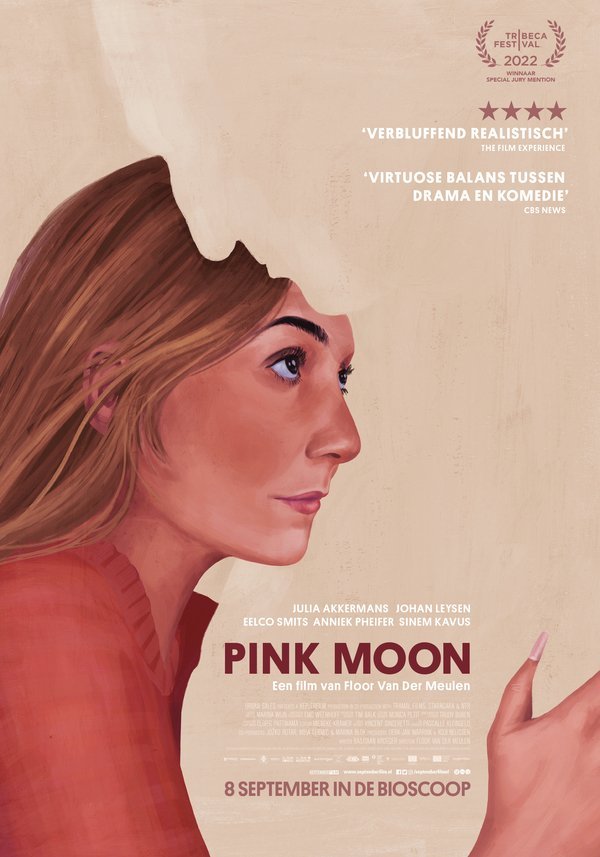The Network of Festivals in the Adriatic Region – Female Protagonists
Sergeja Šorli
The four films screening in the Network of Festivals in the Adriatic Region Section at this year's Zagreb Film Festival ostensibly feature very different stories, but after seeing them we realize that they share several common characteristics. The principal characters are women, (non)death serves as the vital catalyst for the protagonist’s growth, the films show different types of purification; a conclusion can be drawn that the driving force behind modern civilisation is the self-actualisation of strong women.
In the Romanian Intregalde, the story is driven forward by Maria, who, based on her seemingly irrational need to help others, threatens her own and her colleagues’ lives. The plot is rather uneventful, but this is what leaves room for reflection on the meaningfulness of Maria's actions, creating a suspense that culminates in the protagonist’s psychological maturation at the end of the film. The film invites reflection on the point at which humanitarian aid transcends its mission.
Moe, the protagonist of the Georgian Wet Sand, builds her love relationship from the ashes of her dead grandfather and his love affair. Moe represents a modern woman who is able to take advantage of the options available to her and successfully pursues her goals while confronting new challenges. While being accountable primarily to herself and her own feelings, she does care about other people and leaves a space for them in her own, different, world.
The task awaiting little girl Salome, the protagonist of the Portuguese Alma Viva, proves even more challenging. She has to bury her dead grandmother with whom she shared a very special bond. While Alma Viva could classify as a children's film, portraying the world from a girl's point of view – the camera is lowered, the sounds and language of adults is perceived with a childlike intensity – the topic is occasionally explored in a way that might intimidate children. In a largely female household, the youngest female is subjected to the greatest ordeal, as she struggles with the ghost of her vengeful grandmother, the lack of her mother's attention and the indifference of her aunts. The film points to the undermined family integrity that must be restored before the crucial event takes place. But when the casket is finally lowered into the grave, we cannot shake the feeling that Salome was the one who summoned the rain that washes away all the sins of this world.
The protagonist of Pink Moon, Iris, endures the most dreadful ordeal. A dynamic opening is brutally suspended by her father's decision to end his life, and the wish to fix a suitable date for his departure with his children. At first, the absurdity of the situation provokes ripples of laughter from the audience, but towards the end we sympathize deeply. The father does not reveal any compelling motives for his decision, and this brilliant omission in the script opens up a space that renders Iris's subversions perfectly possible and meaningful. The viewer is at the mercy of the strong pull of the film even long after the closing credits. Iris stays with us, we are wondering how her wounds would heal, and whether the film is visionary, and the future does hold a possibility of bidding a premature farewell to our loved ones...
Female protagonists confront either primitive communities or their own demons. They are searching for a meaning of life, and although they overcome evil and develop their potential, we realize that their journey has only just begun. I wonder whether these films reflect a new division of roles, given that female characters assume a vital position in vastly different communities. At the same time, I am optimistic because the protagonists are constantly dealing with the topic of death, but never fall victim to it. This indicates that their ideas are worth pursuing. Although featuring different social backgrounds, the films underline a uniform, dominant thought: all life must be respected, because we are all indispensable cogs in the social wheel, in a society that needs to build a more humane world.




